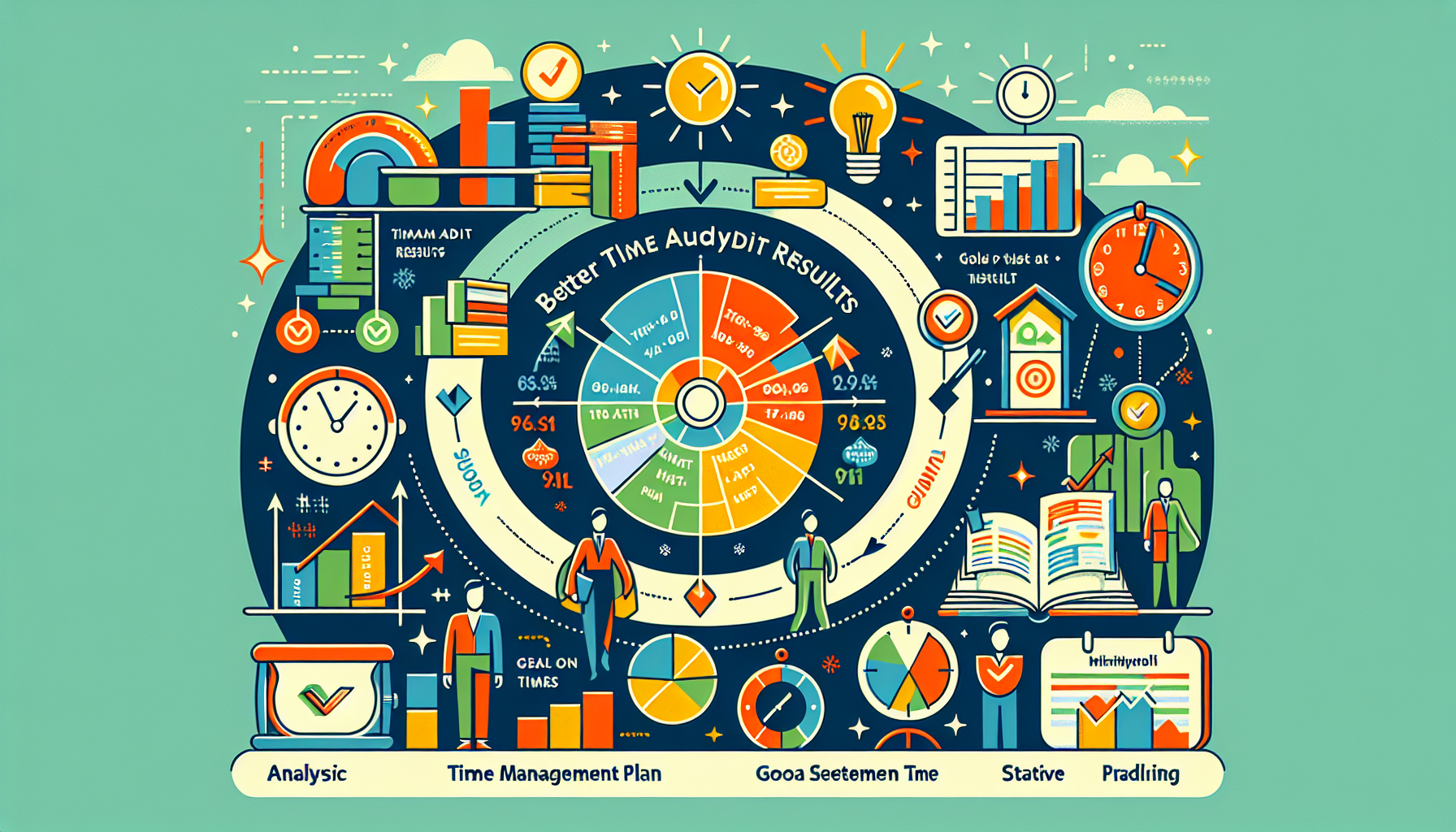Mindfulness in stressful situations is a transformative skill that has the power to change the way we perceive and react to the challenges life throws our way. This course is meticulously designed to guide you through the intricacies of harnessing mindfulness techniques, empowering you to navigate through stress with grace and resilience. Each lesson unfolds the art of being present, the practical application of mindfulness in daily activities, and the creation of a personalized mindfulness practice tailored to your unique journey. Dive into the serene world of mindfulness, and embark on a journey towards a more focused, calm, and balanced life.
Lesson 1

Embracing Mindfulness to Manage Stress
Understanding and practicing mindfulness has emerged as a revolutionary approach to handle the complexities of stress in our lives. Mindfulness, a state of being fully present in the moment, offers a pathway to serenity amidst the chaos. This article dives into the essence of mindfulness, its impact on stress, and practical ways to cultivate a mindfulness practice for stress relief.
What is Mindfulness
Mindfulness means paying full attention to what’s happening around you and within you in the present moment. It’s about observing your thoughts, feelings, bodily sensations, and the surrounding environment without judgment. Engaging in mindfulness allows you to break free from the automatic responses to stress, fostering a calmer and more considered approach to life’s challenges.
The Intricacies of Stress
Stress, often perceived as an unavoidable aspect of life, can significantly affect our health and wellbeing if not properly managed. It’s our body’s response to any demand or threat, preparing us to either fight or flee. However, chronic stress can lead to numerous health issues, making it imperative to adopt effective stress management techniques like mindfulness.
Mindfulness and Its Impact on Stress
Integrating mindfulness into your daily routine can transform your response to stress. It guides you to a place of acceptance, where you can face stressors without the usual intensity of physical or emotional reactions. This acceptance doesn’t mean resignation but an acknowledgment of the situation, enabling more thoughtful, less reactive decisions.
Embarking on Your Mindfulness Journey
To start practicing mindfulness, you don’t need any special equipment or a significant time commitment. Here are foundational practices that can seamlessly integrate mindfulness into your life:
- Breath Focus: Concentrate on your breath, noticing each inhale and exhale. This simple practice can anchor you in the present moment.
- Body Scan: Gradually shift your attention through different parts of your body, observing any sensations, tensions, or discomfort without judgment.
- Mindful Observation: Choose an object within your immediate environment and focus all your attention on it. Notice every detail, appreciating the object’s presence and your connection to it.
Enhancing Your Daily Life with Mindfulness
Incorporating mindfulness into daily activities can magnify its benefits. Try eating a meal mindfully or engaging in a routine activity with full awareness. These practices help cultivate a deeper sense of presence and appreciation for the moment.
As we navigate through stressful situations, the practice of mindfulness offers a beacon of calm and control. By fostering mindfulness, we empower ourselves to respond to stress in healthier ways, promoting overall wellbeing and resilience.
Remember, the journey to mindfulness is unique for everyone. It’s not about achieving perfection but embracing progress and being kind to yourself along the way. Start small, stay consistent, and watch as mindfulness transforms your relationship with stress, one moment at a time.
Lesson 2

Mastering Mindfulness Techniques for Stress Relief
Discovering and applying mindfulness techniques can be a powerful remedy for the stress that ebbs and flows through our daily lives. By engaging in mindfulness, you encourage your mind to inhabit the present, cultivating a sense of peace and equilibrium. This guide dives into essential mindfulness techniques that serve as tools to alleviate stress, enabling you to navigate life’s pressures with grace.
Basic Mindfulness Meditation Practices
Meditation stands at the core of mindfulness, offering a straightforward yet profound technique to anchor your attention and diminish stress. Let’s explore some fundamental meditation practices designed to relax the mind and body.
- Breath Focus: This technique involves directing your focus solely on your breathing. Sit comfortably, close your eyes, and simply observe the natural rhythm of your breath, acknowledging any thoughts without judgment and gently letting them go.
- Body Scan: Begin at the top of your head and progressively move your awareness down through your body. Notice sensations, tightness, or discomfort, and visualize your breath flowing to and relaxing each part of your body.
Incorporating Mindfulness into Everyday Activities
Mindfulness isn’t limited to meditation; it can be interwoven throughout your daily activities. Here are ways to become more present in everyday moments:
- Mindful Eating: Pay attention to the flavors, textures, and sensations of the food you eat. Chew slowly, savor each bite, and appreciate the nourishment your body is receiving.
- Mindful Walking: As you walk, focus on the sensation of your feet touching the ground. Observe the sights, sounds, and smells around you. This practice can be particularly calming in nature.
Developing Mindful Communication
Stress often arises from our interactions with others. Mindful communication involves listening and responding with awareness, openness, and empathy. Practice being fully present in conversations, maintaining eye contact, and truly listening to understand rather than reply.
Cultivating a Mindful Environment
Your surroundings can play a significant role in fostering or hindering mindfulness. Create spaces that encourage relaxation and presence. This can include decluttering your environment, introducing elements of nature, or setting aside a dedicated space for meditation and reflection.
Embracing these mindfulness techniques offers a path to mitigating stress and enhancing well-being. As with any skill, mindfulness grows stronger with practice. Begin integrating these practices into your daily life, and observe the transformative effects on your mind and body. Remember, the journey to mindfulness is a personal one; be patient and kind to yourself as you explore and deepen your practice.
Lesson 3

Designing a Mindful Life: Establishing a Personalized Practice
Fostering a life of mindfulness isn’t just about sporadic moments of meditation or awareness. Rather, it’s about creating a sustainable, personalized mindfulness practice that intertwines with the fabric of your daily life, enabling you to deal with stress more effectively. This involves setting intentions, crafting a routine, adapting practices to fit your unique circumstances, and thoughtfully integrating mindfulness into stressful scenarios.
Setting Intentions for Mindfulness
Begin by clarifying your intentions. Why do you want to practice mindfulness? Whether you’re seeking stress relief, improved focus, or deeper self-awareness, understanding your motivations can guide your practice and keep you grounded.
Establishing a Mindfulness Routine
Consistency is key in nurturing a mindfulness practice. However, don’t let the thought of this intimidate you. Even just a few minutes a day can have significant impacts. Consider these tips:
- Identify regular times for practicing mindfulness that dovetail with your existing schedule. Morning meditation or mindful breathing during your commute can integrate seamlessly into your day.
- Keep it simple. Your routine should be achievable, not overwhelming.
Adapting Mindfulness to Your Lifestyle
Mindfulness is not one-size-fits-all. It’s pivotal to tailor your practice to align with your lifestyle, preferences, and needs:
- If sitting in silence is challenging, try walking meditation or engage in mindful activities like drawing or gardening.
- Use technology to your advantage: mindfulness apps can provide guided meditations and reminders.
Overcoming Challenges in Your Practice
It’s natural to encounter obstacles. When distractions arise, acknowledge them without judgment and gently redirect your focus. Be patient with yourself; mindfulness grows with time and practice.
Applying Mindfulness in Stressful Situations
Your mindfulness practice can shine brightest during turbulent times. Here are strategies to leverage mindfulness when stress peaks:
- Pause: give yourself a moment to breathe and center before reacting to stress.
- Observe: without judging, note how stress manifests in your body and mind.
- Respond: choose how to respond, drawing from your practice to approach the situation with calmness and clarity.
Developing a personal mindfulness practice is an evolving journey, unique for each individual. By setting clear intentions, incorporating mindfulness into your routine, and kindly adapting to challenges, you’ll build a solid foundation to support a mindful life. Remember, the goal isn’t to become perfect at being mindful but to foster a way of living that embraces each moment with awareness and openness.
Mindfulness in stressful situations has been the central theme of this course, delivering insights, techniques, and strategies to turn mindfulness into a practical tool for navigating life’s complexities. As we conclude this journey, remember that the practice of mindfulness is a continuous path of growth and discovery. Integrating mindfulness into daily life not only enhances your ability to manage stress but also enriches your overall sense of well-being. To gauge your understanding and retention of the key concepts covered, a 10-question quiz awaits below. This quiz is an opportunity to reflect on what you’ve learned and to test your knowledge, setting the stage for a mindful and balanced life ahead.
Test Your Knowledge With this short Quiz
Click here to copy your score to share on facebook!







